By Glenn Barnett
On the evening of June 16, 1940, Marshal Henri Philippe Pétain was appointed Prime Minister of France. It was a critical time. In the previous six weeks the German Army had overrun everything it its path. Two French armies were destroyed in Belgium, the British Expeditionary Force was evacuated from the Continent at Dunkirk, and Paris had surrendered. Only twice had French counterattacks in late May temporarily blunted the German onslaught. Both of these attacks were led by a colonel named Charles de Gaulle.
The next morning, Pétain asked the Germans for surrender terms. At the time the old general (he was 84) was arguably the most respected man in France. He had been a hero during World War I, but over the intervening years he had become sympathetic to fascism. On the same day, de Gaulle, now a minor member of the government, elected not to surrender. Instead, he flew to England to carry on the war. He did not take this step lightly. Pétain had been his mentor for many years and was his son’s godfather. But the honor of France dictated to de Gaulle that he must not surrender.
“Je suis la France”
De Gaulle had been an undersecretary in the French government for only 12 days. He had been promoted to general less than a month earlier. He was virtually unknown outside the military establishment in France. The Vichy French government disavowed him and soon condemned him to death.
As France announced its capitulation in the war, de Gaulle urged his countrymen to fight on. On June 18, British Prime Minister Winston Churchill, over the objection of his cabinet, allowed de Gaulle to make a five-minute speech to France on the BBC. That call to arms was the beginning of a career that within four years would make him the best known Frenchman in the world and eventually the greatest Frenchman of the 20th century.
But in June 1940, de Gaulle was alone, nearly broke, and a virtual ward of Great Britain. Few of his countrymen rallied to his cause, the cause of fighting on in a movement he called the “Free” French (later the Fighting French). The British were not entirely supportive. When de Gaulle sought to recruit soldiers from French refugees of the Dunkirk evacuation and those still in Britain following the abortive Norway campaign, he was stymied by British authorities who sought to recruit these same men into their own ranks. As it was, many of the French soldiers opted to be repatriated to France now that their war appeared over.
De Gaulle steeled himself against British interference and French indifference by declaring, “Je suis la France” (“I am France”), the embodiment of French glory and grandeur. He insisted to friend and foe alike that he and France were to be treated as a great nation. By the force of his will and obstinate personality, he would eventually make it so.
If the British were difficult to deal with, the Americans were worse. President Franklin D. Roosevelt and the State Department still recognized Pétain and his Vichy government as the legitimately elected government of France. Even after the United States entered the war, it maintained ties with Vichy. Roosevelt’s attitude, fostered by Vichy politicians, was that de Gaulle was an upstart and potential dictator. He was certainly not elected by anyone to anything.
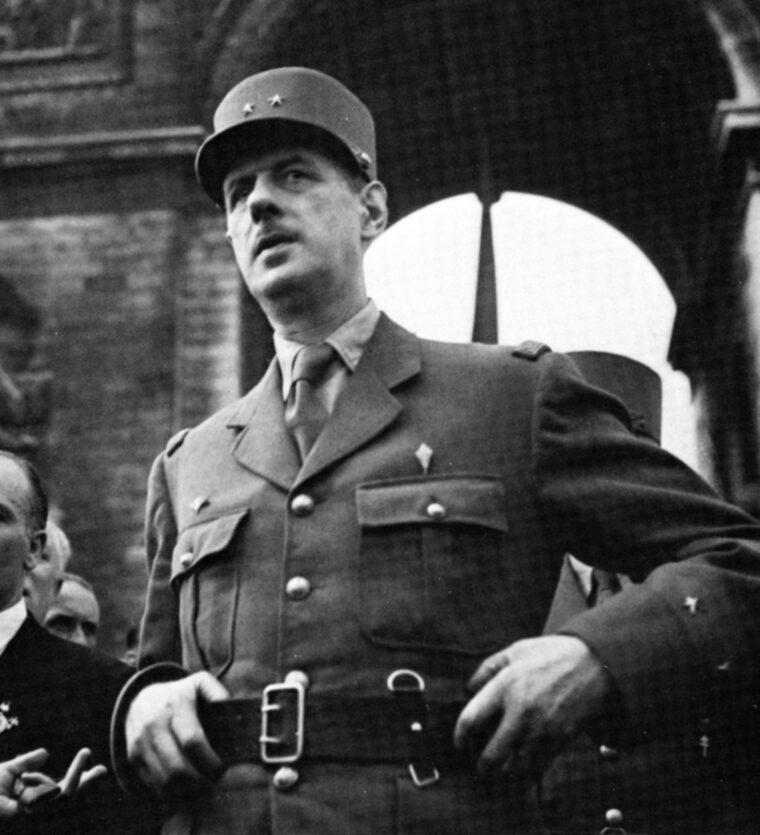
Building Up the Free French Movement
When Hitler turned his attention toward the Soviet Union in June 1941, de Gaulle found an important new ally. He wrote to Stalin praising Russia’s efforts to stem the tide of Nazism. In September of that year, even as German panzers overran the Ukraine, the Soviet government recognized de Gaulle’s movement as the legitimate government of France. It was far more recognition than he had received from either the British or Americans. Though a fervent anticommunist, de Gaulle was grateful for the support.
Off the coast of Newfoundland lie two French islands, St. Pierre and Miquelon, the remnant of France’s North American colonial empire. The two islands were under nominal Vichy control and through a treaty between the United States and Vichy were effectively neutralized. On Christmas Day 1941, de Gaulle’s tiny navy seized them. The people of the islands welcomed the Free French, but the U.S. State Department was furious.
De Gaulle’s actions had violated the agreement with Vichy and smacked of a violation of the Monroe Doctrine. The United States threatened to evict the Free French forces. De Gaulle declared that any American interference would be met with gunfire. The State Department backed down. De Gaulle had scored a minor victory for his view of France and its right (and his) to dominion over all of French territory.
In 1942, as support for de Gaulle’s movement began to take root, he concentrated on bringing the French empire under his control. He failed at Dakar in West Africa when the colonial governor, loyal to Vichy, resisted a Free French invasion. De Gaulle was successful elsewhere, though, bringing French Equatorial Africa under his authority. When Syria and Lebanon were occupied by the British Army, the Free French set up shop there as well.
De Gaulle in the Dark
De Gaulle was anxious that French troops participate in the struggle against the Axis. From former Vichy troops stationed in the Levant he was able to form two legions, which he offered to the British to help with the fight in Libya. Though hard pressed in their struggle against German General Erwin Rommel, the British commander declined de Gaulle’s offer.
Enraged by this snub, de Gaulle offered a legion of French troops to Stalin to fight with the Russians on the Eastern Front. When Stalin accepted the offer, the British changed their minds and soon 12,000 French troops fought alongside the Allies in North Africa. A squadron of Free French fighter pilots did serve with the Soviets on the Eastern Front.
Yet, de Gaulle was still mistrusted by the Americans, who refused to share with him any planning for the upcoming Operation Torch, the invasion of North Africa. Churchill bowed to American wishes to keep de Gaulle in the dark. De Gaulle fumed at being excluded from military actions affecting French territory. He was so upset that when an aide woke him to announce that the American armies had landed in Morocco and Algeria his first words were, “Well, I hope the Vichy people drive them into the sea.” He soon rallied and made a radio address in support of the American actions.
Moscow continued to support de Gaulle and his movement in public, but when the Big Three met in Tehran, a meeting from which de Gaulle was purposely excluded, Stalin complained to Churchill and Roosevelt that France was a pitiful nation that surrendered without a fight. After the war, he argued, the French did not deserve the status of a major power, and its colonies should be taken away.
By early 1944, all of France’s overseas possessions except Japanese-occupied Indochina recognized the authority of the Free French. De Gaulle now had over 300,000 mostly colonial troops under his command. But these were entirely dependent upon Anglo-American support for equipment, arms, fuel, food, and pay. Only a few divisions were fully mechanized.
The Americans had another insult for de Gaulle. He was kept totally in the dark about Operation Overlord, the invasion of Western Europe through France on June 6, 1944. Roosevelt, aside from his personal dislike of de Gaulle, feared that his organization might leak information and imperil the landings. Thus, the Free French leader was unaware of the coming assault against Hitler’s Atlantic Wall until June 2, 1944. Then, de Gaulle was summoned to London to meet with Churchill and General Dwight D. Eisenhower, the Supreme Allied commander, who informed him of the plans and elicited his support. De Gaulle had always insisted that French troops be involved with the liberation of his homeland. Eisenhower agreed. The first Allied troops to reach Paris were Free French forces.
Negotiations with Stalin
By November, much of France was in Allied hands, and de Gaulle had consolidated his control over the country. He then set out to implement a French foreign policy independent of the Anglo-Americans. He requested a meeting with Stalin to discuss Franco-Russian relations and postwar arrangements with regard to Germany. He said nothing of his visit to Russia to his Western allies, but Stalin kept them informed.
On November 28, 1944, after flying through Cairo and Tehran, de Gaulle landed at Baku on the Caspian Sea. He toured the ruins of Stalingrad before arriving in Moscow by train on December 2, in the midst of a blizzard.
The two men began their talks by discussing the fate of postwar Germany. De Gaulle proposed that France and Russia set the agenda for occupation of the defeated Reich. But Stalin had already had long discussions on the subject with Churchill and Roosevelt. He was not going to let de Gaulle dictate any peace terms. Postwar plans must include the Americans and British.
Instead, Stalin proposed a bilateral treaty similar to one he had already signed with Churchill. That would put French relations with the Soviets on the same footing as the British. De Gaulle was intrigued. In return, Stalin asked that the French recognize the so-called Lublin Committee as the legitimate government of Poland. This committee was made up of Polish communists who were backed by the Russians. They were an alternative and rival to the Polish government in exile, which had been operating in London since 1939. De Gaulle refused. He knew the Polish men in London from his own days in exile, and he would not sell them out. The talks between de Gaulle and Stalin stalled on this point for several days.
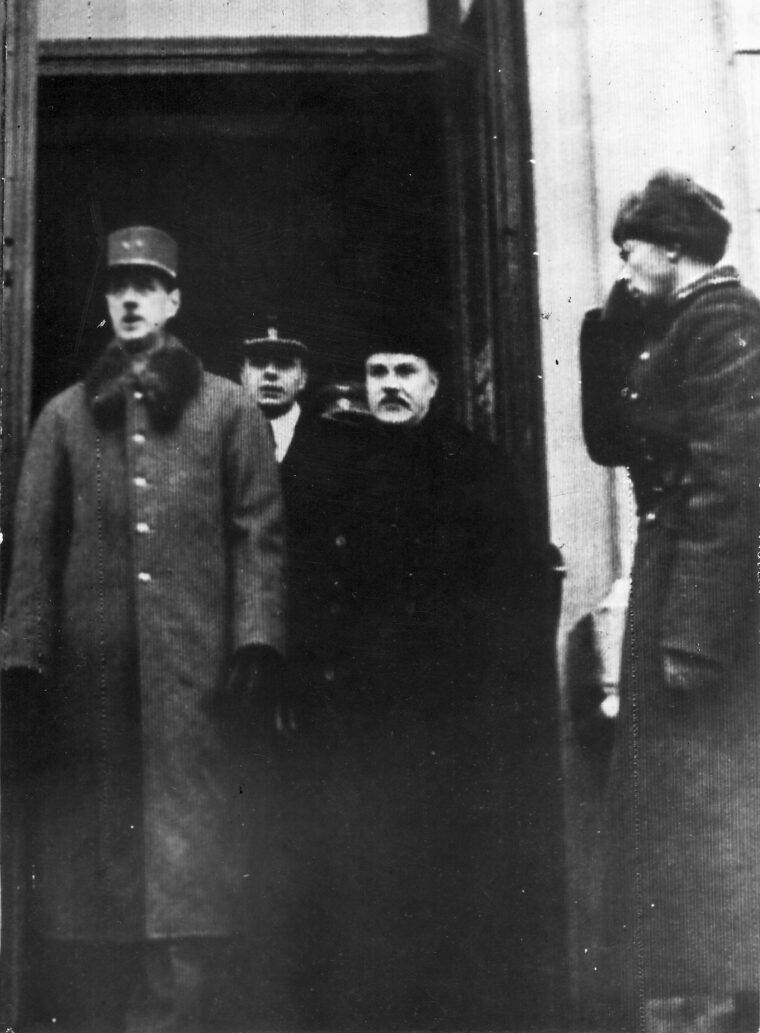
There was some tension and grumpiness. In a private moment, Stalin let it be known that little could be gained by an alliance with a country that surrendered to Germany in just five weeks. Perhaps hearing of the snub, de Gaulle uttered indiscreetly that the difference between France and Russia was that the Russian troops had more room to run away.
While Stalin had reported his discussions with de Gaulle on a bilateral treaty to Churchill and Roosevelt, he did not tell them about his suggested recognition of the Lublin Committee, which he knew they both opposed. Churchill wrote back to Stalin that he would prefer a three-party treaty among Britain, France, and Russia. Stalin informed de Gaulle of Churchill’s wishes, knowing that the proud Frenchman would bristle at British interference. De Gaulle rejected a tripartite treaty but still would not sell out the Polish government in exile.
Both de Gaulle and Stalin knew that the coming Red Army occupation of Poland would settle the issue but, as so often was the case with de Gaulle, honor came first.
The talks were still deadlocked on the last night of de Gaulle’s visit. Stalin threw a lavish dinner for his guest. During the evening he made a series of 30 toasts, mostly to his own ministers and military men. In each one he praised the man named but then threatened his life if he failed to perform.
After dinner, Stalin had planned for the diplomats to watch a film together. De Gaulle refused. If nothing was going to come of the treaty he was going to bed to prepare for his departure in the morning. De Gaulle spent a restless night fearing that his trip to Russia had been in vain and that he would lose honor over this failure of his personal diplomacy.
Talks continued between the two men’s subordinates until early morning, when Stalin dropped his demand for recognition of the Lublin Committee. Instead, de Gaulle agreed to send an unofficial French representative to that committee.
With this stumbling block out of the way, de Gaulle returned to the Kremlin in the early morning to sign the treaty with Stalin, who praised the Free French leader for his stubborn diplomacy. The two men were all smiles. The treaty strengthened de Gaulle’s hand at home, for now the French communists would not threaten his government but join it.
The Fate of France at Yalta
Their newfound friendship did not include an invitation to the Yalta Conference in February 1945. Once again, France and de Gaulle were excluded. De Gaulle released a statement that France would not be bound by or responsible for the decisions made at Yalta.
Roosevelt declared that American troops would be withdrawn from Europe two years after the surrender of Germany. That left the Russians as the military colossus of the European continent. Churchill could not allow it. He now took de Gaulle’s side in arguing for French participation in postwar Europe.
Stalin and Roosevelt disagreed. Roosevelt soon came around to Churchill’s way of thinking, however, and Stalin conceded that France might participate in the division of postwar Germany as long as the French occupation zone was carved out of British and American territory. Russia would not give up an inch of eastern Germany.
In the end, the French were allowed to occupy the Rhineland, German lands west of the Rhine River, the territory France had occupied after World War I. France was also accorded membership in the United Nations Security Council. World War II ended with France once again among the ranks of the world powers thanks largely to the stubborn tenacity of Charles de Gaulle and his pragmatic diplomacy with Soviet Premier Josef Stalin.
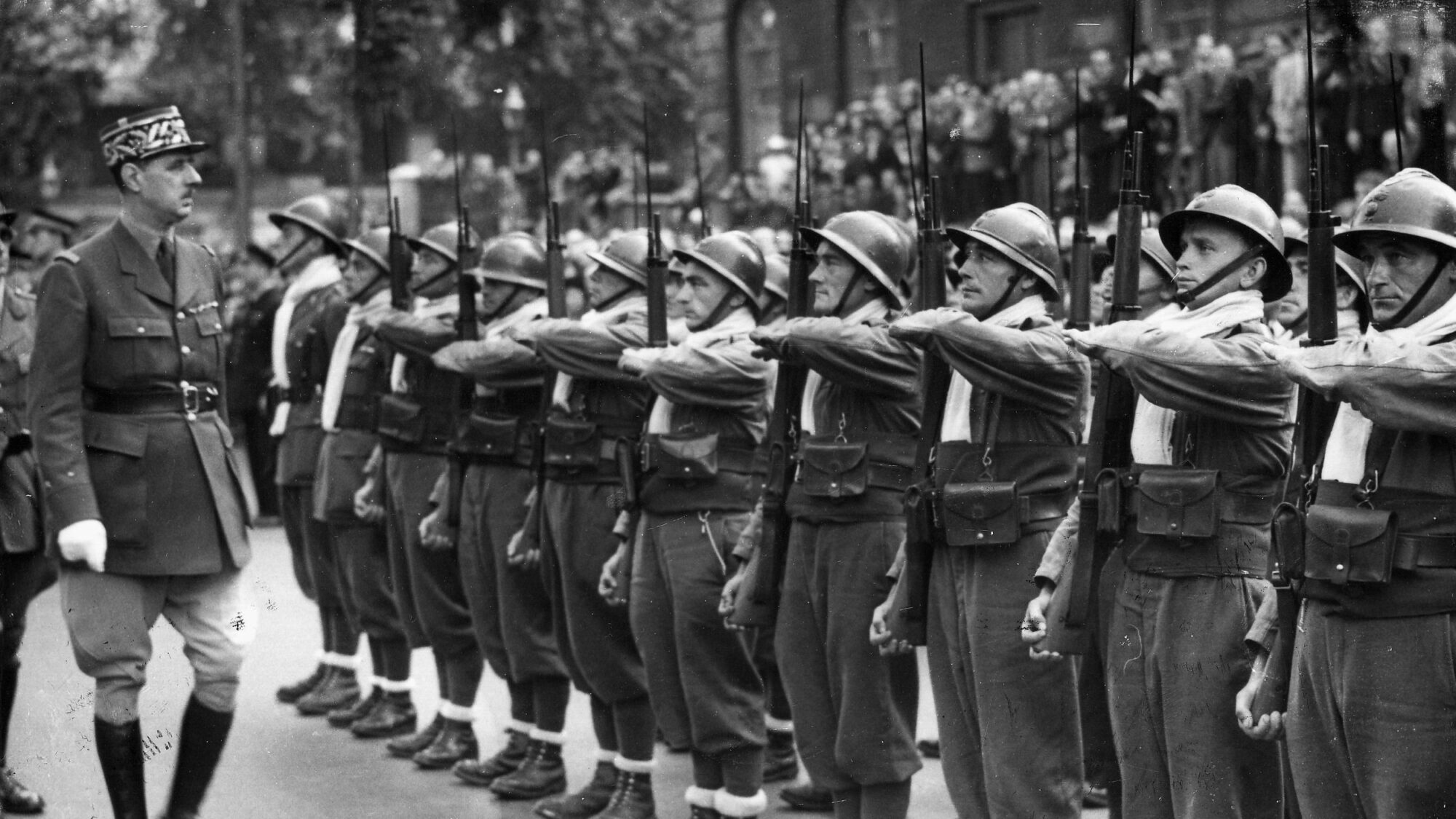
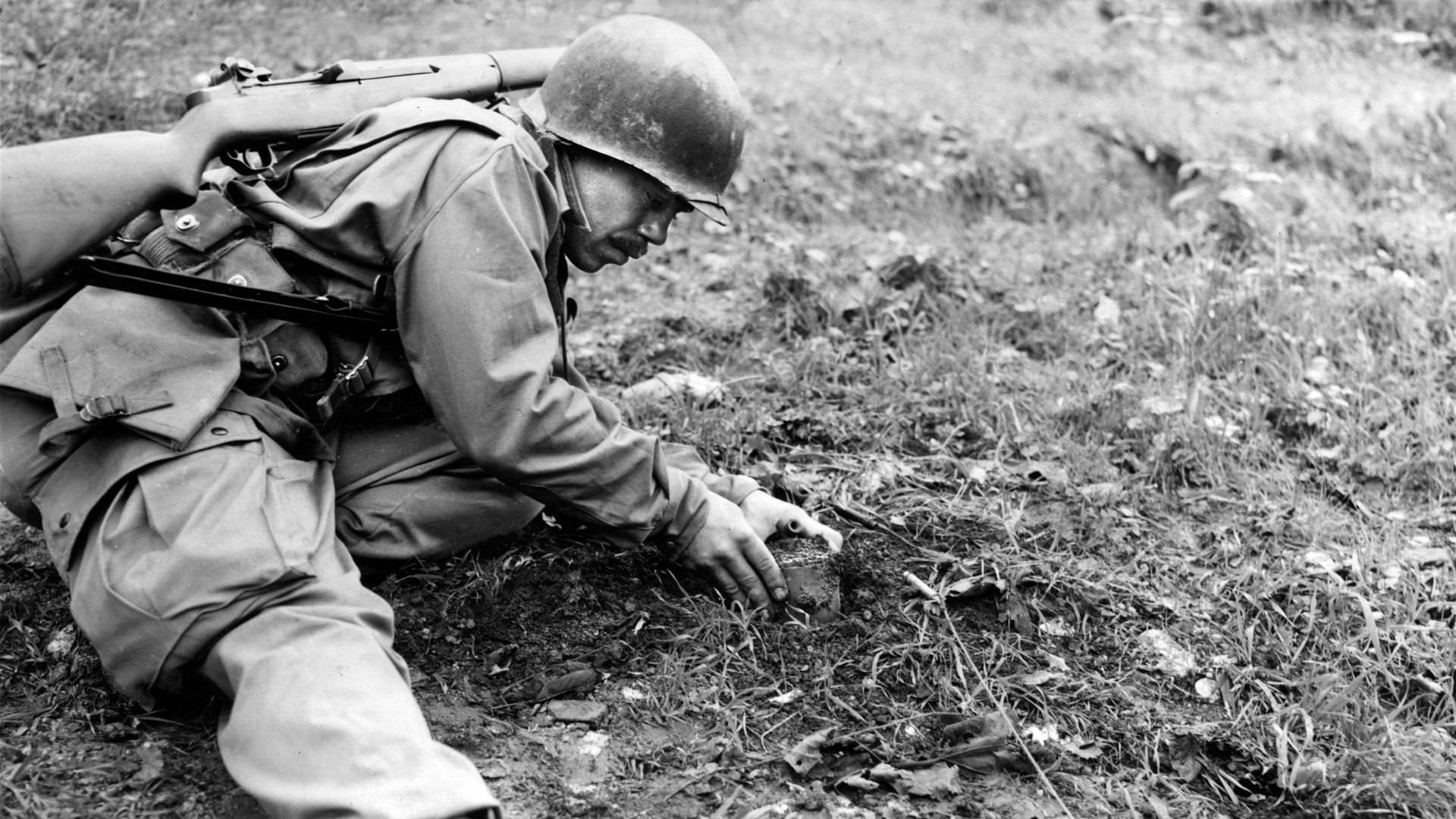
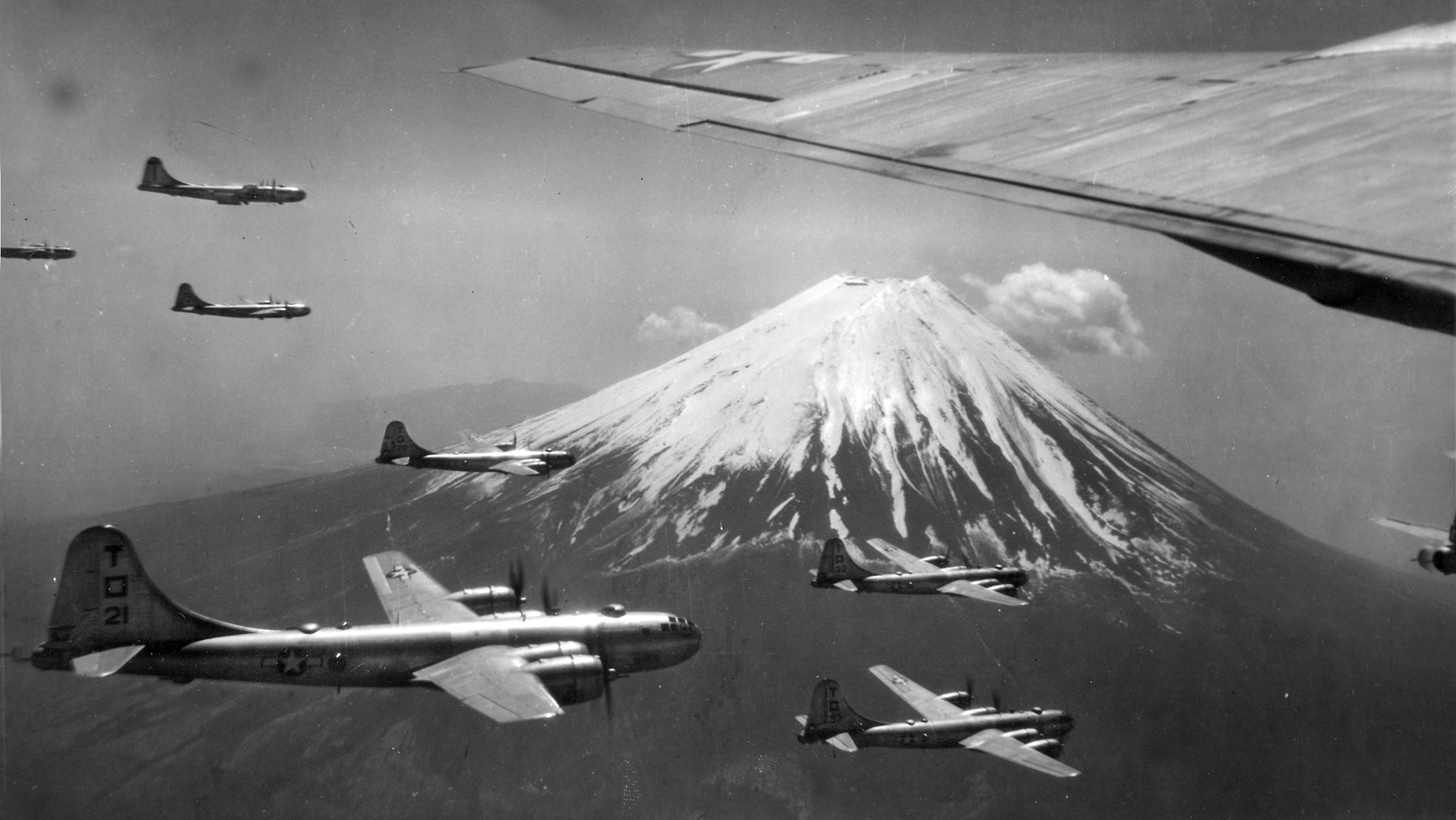
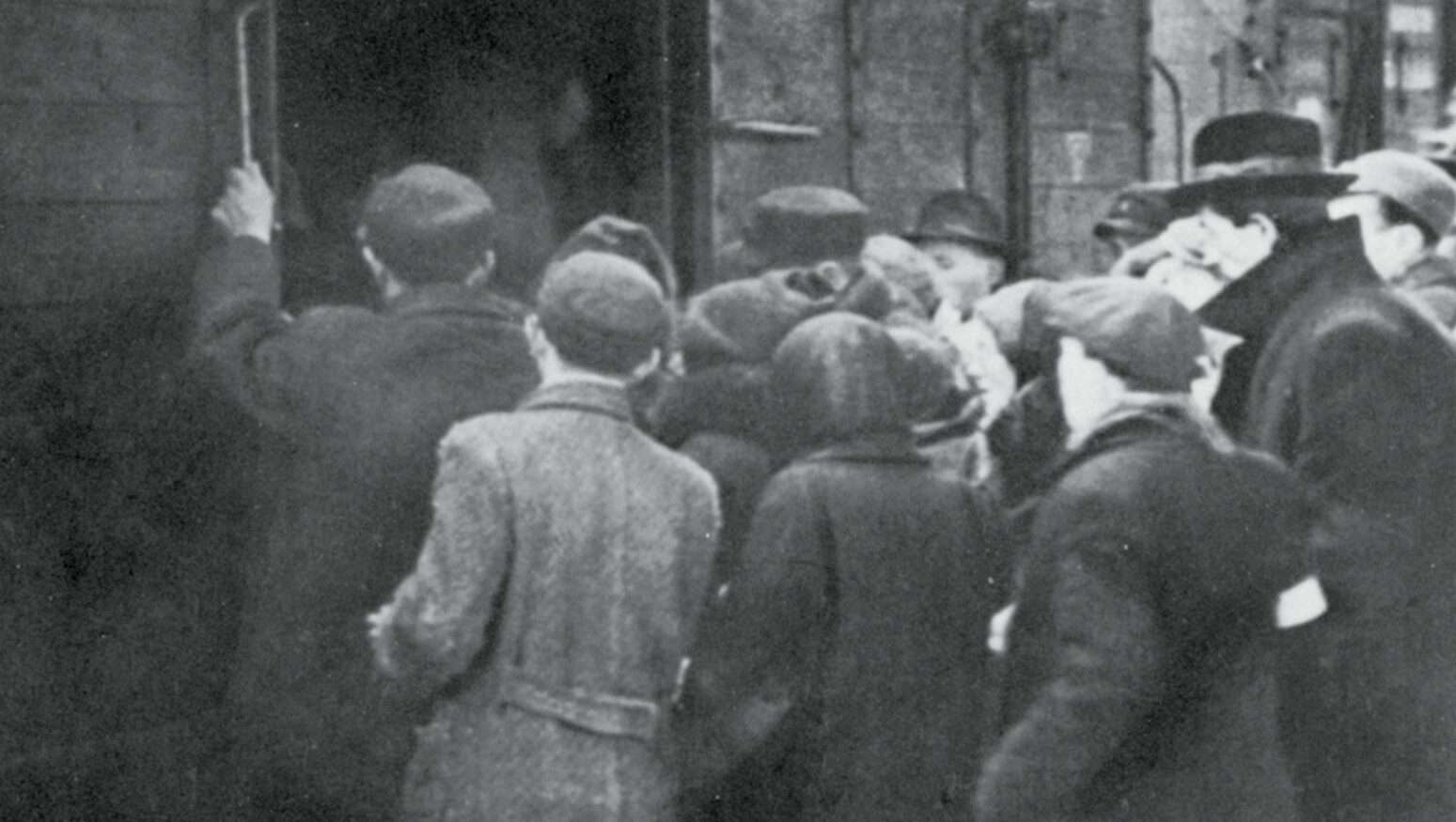
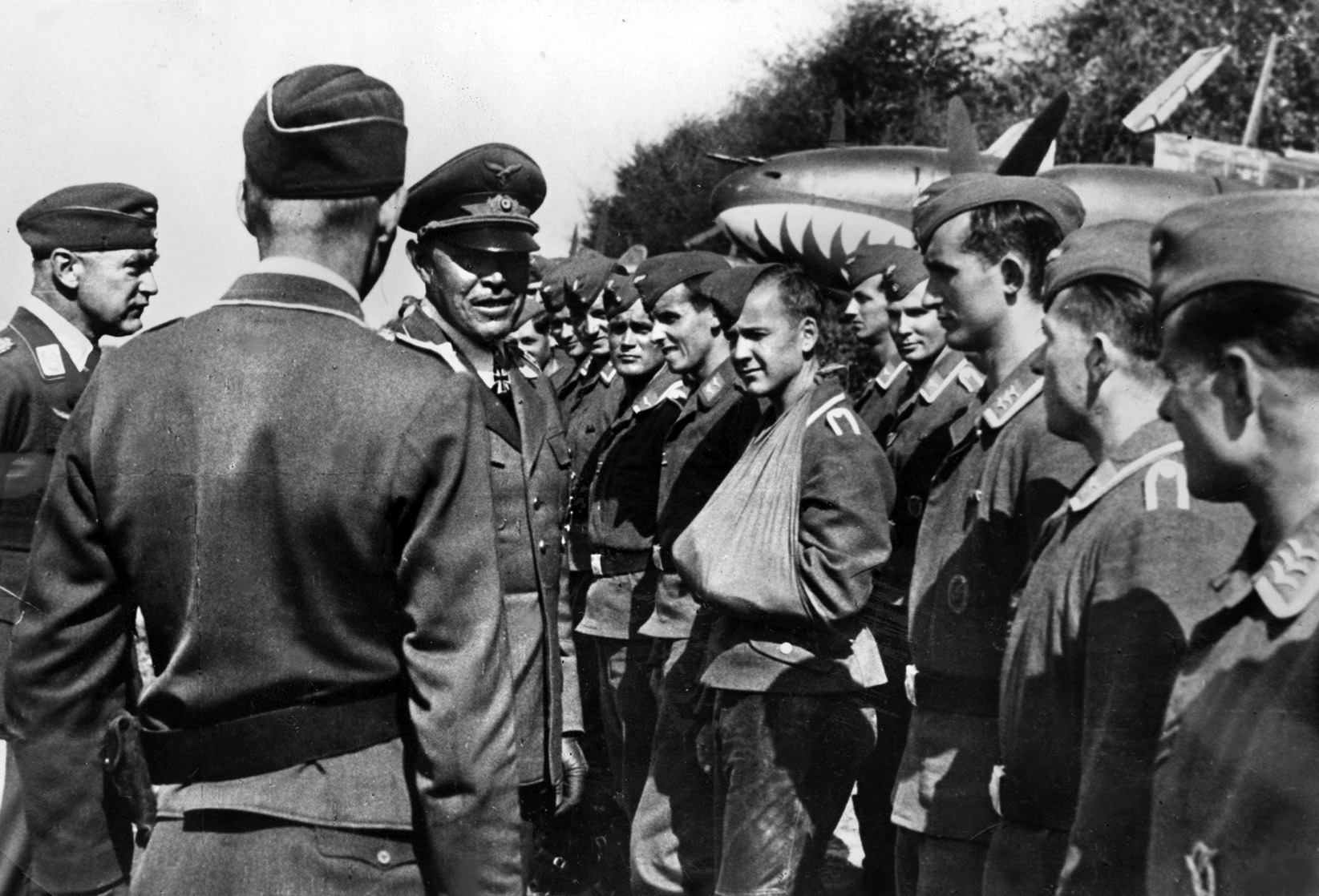
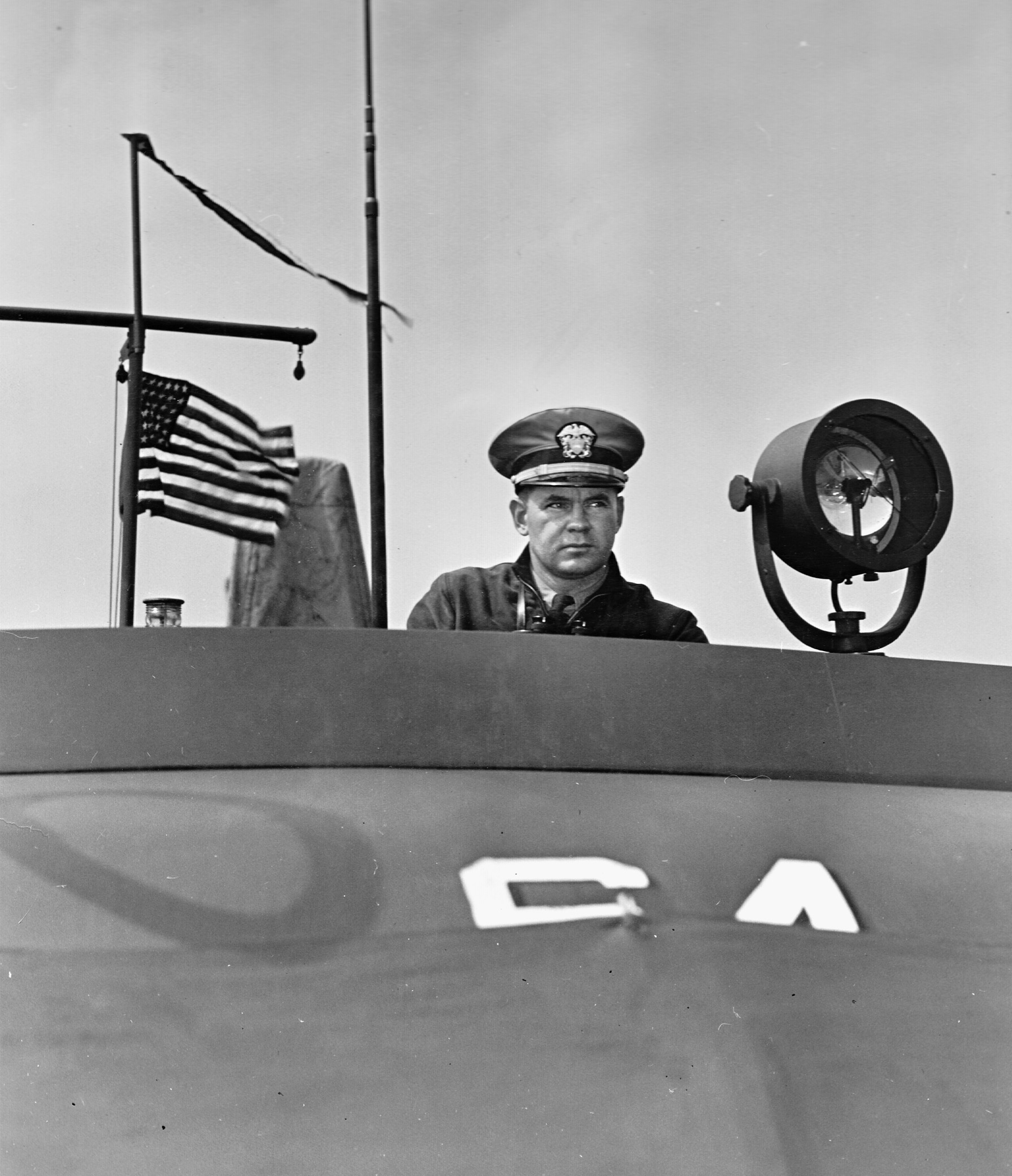
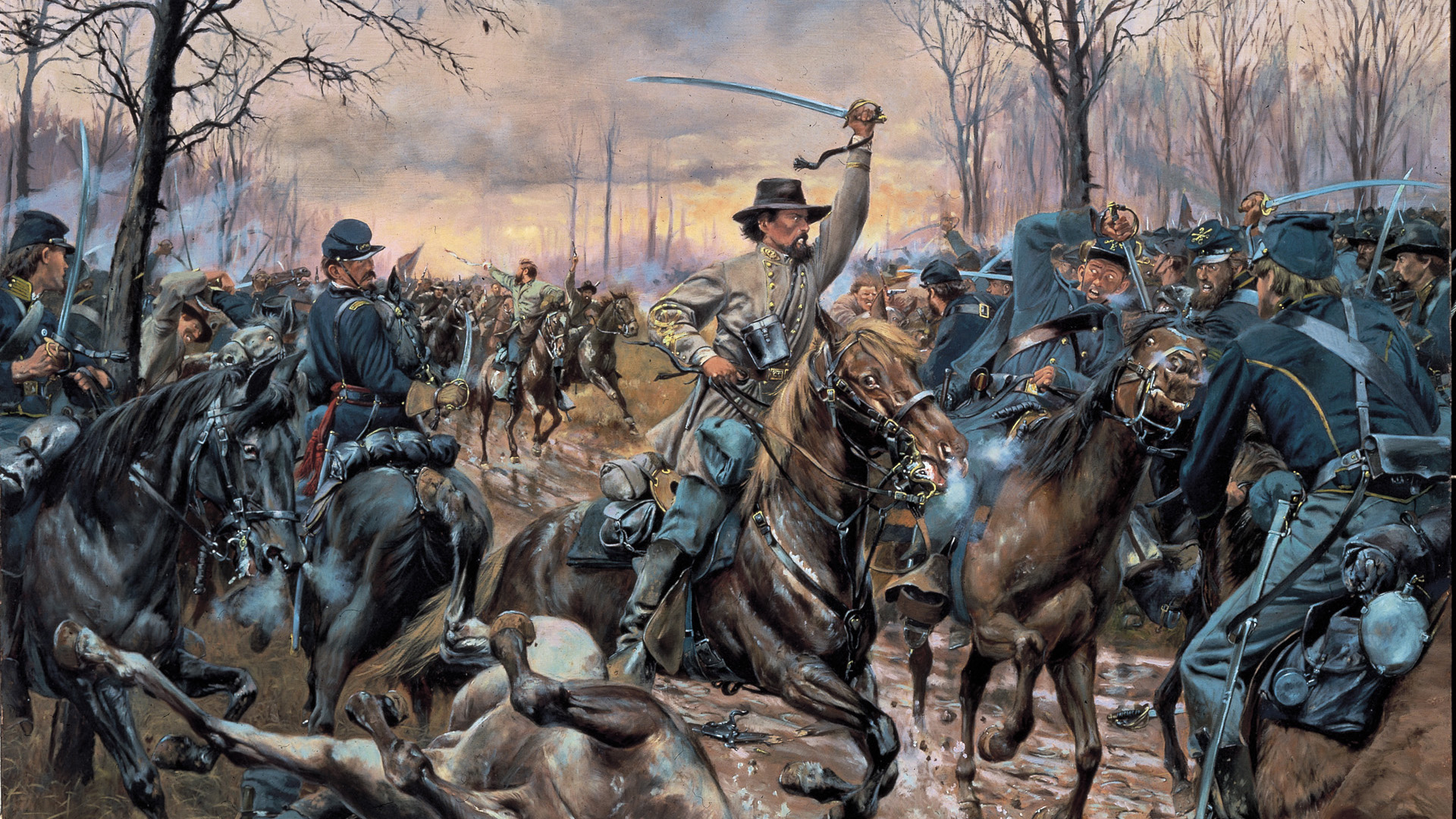
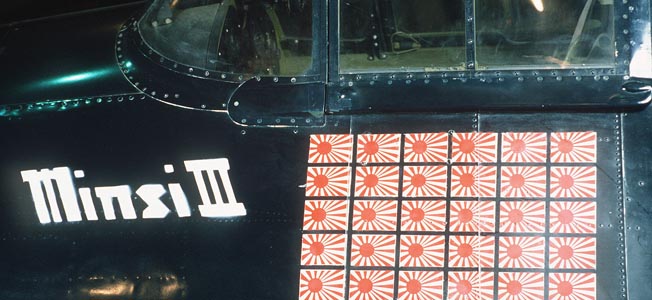
Join The Conversation
Comments
View All Comments